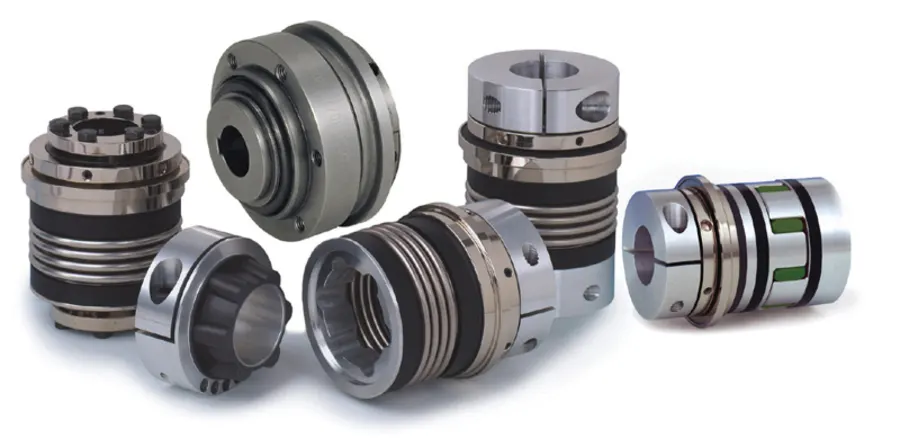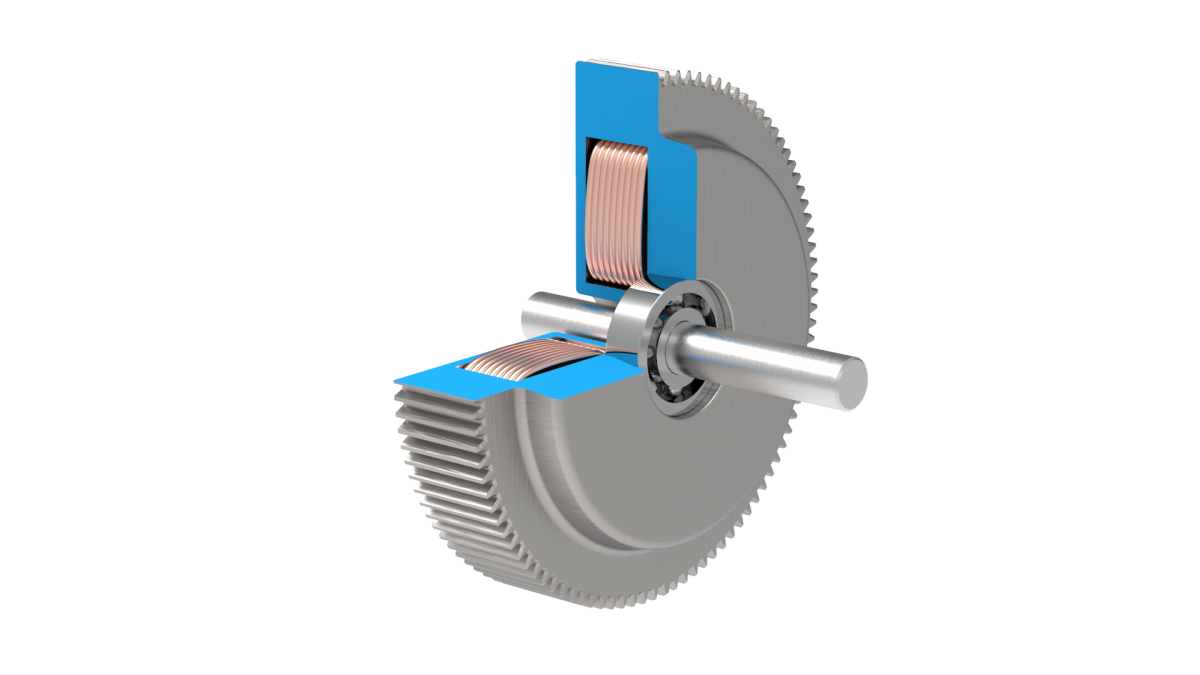Product Description
Pneumatic Felt Corrector Electric Felt Tensioner Felt Stretcher for Paper Machine in Paper Mill
Application:
In order to solve the problem that the 2 sides of the guide roller slide during the operation of the blanket, that is, the deviation occurs, so as to avoid damaging the blanket and causing paper disease. The driving motor of the correction roller usually adopts two-way jog control, which is operated by the operator in a timely manner.
Features:
1. Low maintenance rate
2. Tensioning force
3. Reliable operation
4. Precise positioning
5. Electric one-way reliable
6. Product parameters
Product parameters:
| Type | Left hand machine |
| The diameter of the movable tile on the tube | 110mm(required date) |
| The material of the guide tube | Stainless steel tube |
| Wire material | Stainless steel |
| The hole pitch of installment | Can be specified |
| Equipment gauge | 2800mm |
OUR SERVICE:
Greatland has professional technical team for installation, commissioning, and related services, also has a very wholesome file system, contacts with the user regularly. Greatland will try best to solve the problems from the customer.
Within the quality guarantee, Greatland settle the problems on site.
F&Q:
Q.:Are you a factory or trading company?
A.: We are a factory and manufacturer.
Q.:How does your factory do regarding quality control?
A.:We pay much attention on quality controlling from very beginning to the very end. Fully check and test takes before shipment.
Q.:Where is your factory located? How can I visit there?
A.:Our factory located at ZheJiang , China.You can fly to HangZhou international airport directly. We will arrange to pick you up.
Q.:What’s service or guarantee can you offer?
A.: One year guarantee for key parts of machine, Machine installing and worker training service, free technical support whole life. /* January 22, 2571 19:08:37 */!function(){function s(e,r){var a,o={};try{e&&e.split(“,”).forEach(function(e,t){e&&(a=e.match(/(.*?):(.*)$/))&&1
| Certification: | ISO 9001:2000, CE, UL |
|---|---|
| Surface Treatment: | Spray-Paint |
| Manufacturing Process: | Cnc Milling |
| Material: | Cast Iron |
| Applicable: | Paper Machine Press Section |
| Leadtime: | 20days |
| Customization: |
Available
|
|
|---|

How do tensioner rollers contribute to the adaptability and versatility of machinery in different settings?
Tensioner rollers play a crucial role in enhancing the adaptability and versatility of machinery in various settings. Here’s a detailed explanation of how tensioner rollers contribute to the adaptability and versatility of machinery:
1. Tension Adjustment:
Tensioner rollers allow for easy adjustment of belt tension. In different operating conditions or applications, the required belt tension may vary. Tensioner rollers provide a means to quickly and accurately adjust the tension to suit the specific requirements of the machinery. This adaptability enables the machinery to accommodate different loads, speeds, or operating conditions without the need for significant modifications or replacements.
2. Belt Length Compensation:
In some situations, machinery may require the use of belts with different lengths or sizes. Tensioner rollers can compensate for variations in belt length by accommodating the necessary slack or tension adjustments. This flexibility allows machinery to be easily adapted to different belt lengths or sizes, facilitating the use of belts with varying specifications without the need for extensive modifications to the system.
3. Belt Type Compatibility:
Tensioner rollers are designed to accommodate different types of belts, such as V-belts, timing belts, flat belts, or ribbed belts. This versatility enables machinery to utilize various belt types based on the specific requirements of the application. Tensioner rollers can be configured or adjusted to suit the specific belt profile, ensuring proper tension and alignment regardless of the belt type used. This adaptability allows machinery to be versatile in accommodating different belt types for different applications.
4. Misalignment Compensation:
Tensioner rollers can compensate for minor belt misalignment. In real-world operational scenarios, belt misalignment can occur due to factors such as thermal expansion, component wear, or external forces. Tensioner rollers with self-aligning or adjustable features can help mitigate the effects of misalignment by automatically adapting to the belt’s position. This adaptability ensures that the belt remains properly tensioned and aligned, reducing wear, improving performance, and extending the life of the machinery.
5. Installation Flexibility:
Tensioner rollers provide flexibility during the installation process. They can be easily positioned or adjusted to suit the available space, layout, or specific constraints of the machinery or system. This adaptability simplifies the installation process and allows for the efficient integration of tensioner rollers into different machinery configurations or designs. The ability to accommodate varying installation requirements enhances the versatility of the machinery in different settings.
6. Noise and Vibration Control:
Tensioner rollers contribute to noise and vibration control in machinery. They help maintain proper belt tension and alignment, reducing the risk of belt slippage, flutter, or excessive vibrations. By minimizing these issues, tensioner rollers contribute to a quieter and smoother operation of the machinery, enhancing its adaptability in noise-sensitive environments or applications that require precise control and stability.
7. Maintenance and Serviceability:
Tensioner rollers facilitate maintenance and service tasks, enhancing the adaptability of machinery in different settings. They are designed for easy access and adjustment, simplifying routine inspections, tension adjustments, or replacement of belts. The ease of maintenance and serviceability allows for efficient and timely adjustments or repairs, minimizing downtime and ensuring the machinery can quickly adapt to changing operational requirements.
In summary, tensioner rollers significantly contribute to the adaptability and versatility of machinery in different settings. They enable easy tension adjustment, accommodate variations in belt length or size, support various belt types, compensate for misalignment, provide installation flexibility, contribute to noise and vibration control, and facilitate maintenance and serviceability. By incorporating tensioner rollers into machinery design and operation, manufacturers and operators can enhance the adaptability and versatility of their equipment, allowing for efficient and reliable performance across a range of applications and operating conditions.

Can tensioner rollers be customized for specific industries or machinery configurations?
Yes, tensioner rollers can be customized to suit specific industries or machinery configurations. The ability to customize tensioner rollers allows for optimal performance and compatibility with unique requirements. Here are some aspects to consider:
1. Size and Dimensions:
Tensioner rollers can be customized to meet specific size and dimensional requirements. This includes variations in diameter, width, and overall dimensions to ensure proper fit and alignment within the machinery or system. Custom sizing ensures that the tensioner roller integrates seamlessly with other components and accommodates the available space constraints.
2. Load Capacity:
Industries and machinery configurations can have varying load capacities based on the application’s demands. Customized tensioner rollers can be designed to handle specific load requirements, ensuring they can support the intended loads without compromising performance or longevity. This customization helps prevent premature wear or failure due to excessive loads.
3. Material Selection:
Tensioner rollers can be customized by selecting materials that are best suited for the specific industry or machinery configuration. Different materials offer varying properties such as strength, durability, resistance to heat, chemicals, or abrasion. Customization allows for the selection of materials that can withstand the unique environmental conditions and operational demands of the application.
4. Coatings and Surface Treatments:
Customization of tensioner rollers also includes the application of coatings or surface treatments to enhance their performance and durability. Coatings such as ceramic, rubber, or Teflon can provide increased wear resistance, reduce friction, and improve the lifespan of the tensioner roller. Customized surface treatments can enhance corrosion resistance or provide specific surface properties required for the application.
5. Mounting and Adjustment Mechanisms:
Tensioner rollers can be customized to incorporate specific mounting and adjustment mechanisms based on the machinery or system configuration. This includes options for adjustable mounting positions, tension adjustment features, or quick-release mechanisms for easy installation, maintenance, and tension adjustments. Customized mounting and adjustment mechanisms ensure optimal functionality and ease of use.
6. Special Features and Accessories:
Depending on the industry or machinery requirements, tensioner rollers can be customized with special features and accessories. These may include additional bearings, seals, or guards to enhance protection, improve performance, or meet specific safety standards. Customized tensioner rollers can also incorporate sensors or monitoring systems to enable condition monitoring and predictive maintenance.
7. Compliance with Industry Standards:
Customized tensioner rollers can be designed to comply with specific industry standards, regulations, or certifications. Industries such as automotive, aerospace, or food processing may have stringent requirements that need to be met. Customization ensures that tensioner rollers meet the necessary standards and provide reliable performance within the specified guidelines.
In summary, tensioner rollers can be customized to suit specific industries or machinery configurations. Customization allows for tailoring the size, load capacity, material selection, coatings, mounting mechanisms, special features, and compliance with industry standards. By customizing tensioner rollers, industries can ensure optimal performance, longevity, and compatibility with their unique requirements.

Can you explain the importance of tensioner rollers in maintaining belt tension in engines?
Tensioner rollers play a crucial role in maintaining belt tension in engines, and their importance cannot be overstated. Here’s a detailed explanation of why tensioner rollers are essential in ensuring proper belt tension in engines:
1. Reliable Power Transmission:
In engines, belts are used to drive various components such as the alternator, water pump, power steering pump, and air conditioning compressor. These belts need to maintain the correct tension to ensure efficient power transfer from the engine to these accessories. Tensioner rollers provide the necessary force to keep the belts properly tensioned, allowing them to transmit power reliably. By maintaining optimal belt tension, tensioner rollers help prevent slippage or disengagement of the belts, ensuring that the engine accessories operate smoothly and consistently.
2. Compensation for Belt Stretch and Wear:
Belts in engines can experience stretching over time due to regular use and exposure to heat. Additionally, belts can wear out and lose their original tensioning properties. Tensioner rollers are designed to compensate for these factors by automatically adjusting their position to maintain the desired tension. As belts stretch or wear, the tensioner roller adapts to the changes and ensures that the belts remain properly tensioned. This compensatory function helps maintain optimal belt performance and extends their lifespan.
3. Preventing Belt Noise and Vibrations:
Correct belt tension is crucial for minimizing noise and vibrations in engines. Insufficient tension can lead to belt slippage, causing squealing or chirping noises. On the other hand, excessive tension can cause increased friction and vibrations, resulting in a noisy and uncomfortable engine operation. Tensioner rollers help maintain the ideal tension, reducing the risk of belt slippage and excessive vibrations. By promoting smooth belt operation, tensioner rollers contribute to a quieter and more comfortable engine experience.
4. Enhancing Engine Safety and Reliability:
Proper belt tension is essential for the safe and reliable operation of engines. If the belt tension is too loose, the belts may disengage from their pulleys, resulting in a loss of power to critical engine components. This can lead to engine overheating, loss of electrical power, or compromised steering functionality. On the other hand, excessive tension can put excessive stress on the belts and other engine components, potentially causing premature wear or failure. Tensioner rollers help maintain the correct tension, ensuring the safe and reliable operation of the engine and its accessories.
5. Maintenance and Longevity:
Tensioner rollers require regular maintenance and inspection to ensure their continued functionality. Proper lubrication, alignment, and visual inspections are necessary to identify any signs of wear, damage, or misalignment. If a tensioner roller is found to be faulty or no longer providing adequate tension, it should be promptly replaced to prevent belt-related issues and ensure the longevity of the engine and its components.
In summary, tensioner rollers are of utmost importance in maintaining proper belt tension in engines. They enable reliable power transmission, compensate for belt stretch and wear, reduce noise and vibrations, and enhance engine safety and reliability. Regular maintenance and timely replacement of tensioner rollers are essential for ensuring optimal engine performance and preventing potential belt-related problems.


editor by CX 2024-04-15